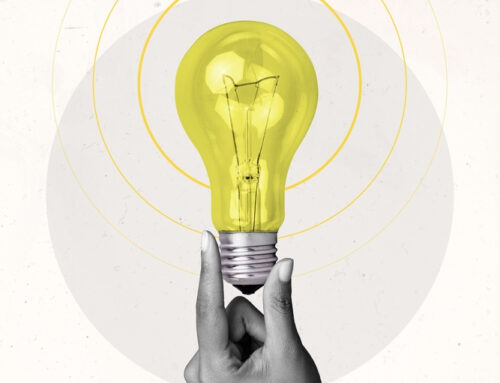
Hello, beautiful people from across the lands. Understanding money and how it works is one thing but understanding your behaviors with money is another. We are naturally emotional beings and it is safe to say our choices are driven by emotions. If you are struggling with money management lack of knowledge is just one component, emotions could be a contributing factor as well. Why do you avoid to check your bank account? What about the anxious feeling you get when giving your card to cashier with a hope and a pray?
Realizing how you handle your money is also connected to your emotions takes this journey to another level of awareness. Financial expert Suze Orman stated fear, shame, and anger are the most common emotions surrounding money. Can you relate? I know I can! The fear of not having enough, the shame of being short on bills, and the anger that some really cruel people are wealthy! God, what’s up that?! I got a good heart; I promise I do right if you give just a couple mill. Tithes will be paid! No, but seriously these thoughts and emotions drive and impact our behaviors on how we handle money.
Stress Spending
Stress spending can be used as an unhealthy coping mechanism to ease or avoid pain. Some call it shopping therapy but in reality its avoidant behavior to an underlying issue. Now not all stress while spending means bad money habits, it’s the intentionality of avoiding the pain that makes it a problem. Whenever you are trying to use external things to heal internal wounds you will only get so far. When the high of that moment is gone you are met back with the same feelings of pain you are trying to avoid. Now I know this is a little deep and may seem far fetched for some but this does happen. It’s important to first become aware to know a change needs to take place.
Spending Remorse
I am a huge sufferer of spender remorse. Spender remorse is the feeling of guilt when spending money on an item or yourself. The remorse may come soon after you buy the item or later when you can’t afford to take care of something important. The feeling is shame and often negative self-talk. The issue with spender remorse is that it’s a direct hit to your self-esteem. There is an inward battle that goes on being consumed with negative thoughts and emotions. Paying yourself first can be a struggle and may cause you to put yourself on the back burner. It may appear in self-sabotaging behavior by not enjoying things you like to do for fun.
Poverty Theory
Poverty is a traumatic experience. When you are not able to meet your basic needs and have to go without there is an impact it has on your brain and behavior for sure. This theory of mine is focused on those who overcome poverty and may enter into the middle class but struggle with building wealth. Now there are systematic barriers that are contributing as well but the impact of poverty plays a role as well. When you are in poverty you are in constant crisis trying to meet your basic needs. Wondering where the next meal will come from, knowing the gas will be cut off the next cycle, or worse facing an eviction.
Survival mode kicks in and you try to utilize as many resources as possible making the best with what you have. If you are blessed to come out of that and you are in a place where basic needs are met with money left over it’s a transition to go beyond survival mode. Like spender remorse paying yourself first can be a struggle. The fear of being without and what that felt like kicks in and you pay everyone else first instead. The issue with this is this is not a good foundation when seeking to build wealth. The level of fear and emotional shame that comes from recovering from poverty can be a journey. This is a mindset that has to take place to get to the next level and rid of sabotaging money behaviors.
To reach debt freedom and gain financial independence, we can’t ignore the impact our mental health plays. As you are building better financial habits and behaviors be conscious of your emotions and how those may be driving those decisions. Until next time dream, believe and achieve.




